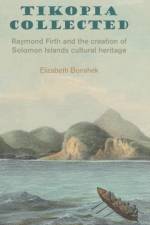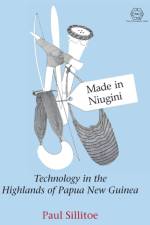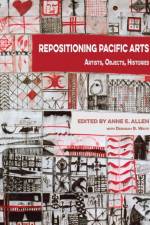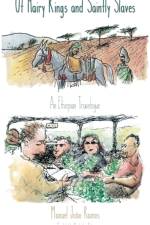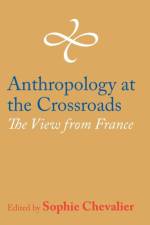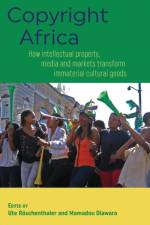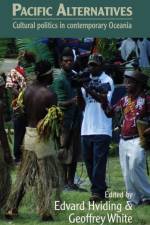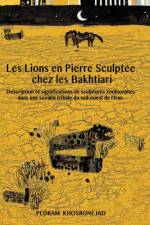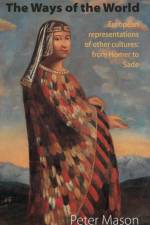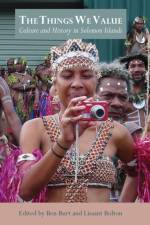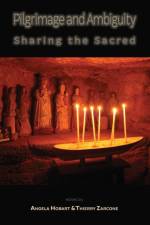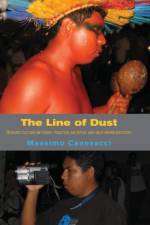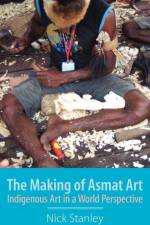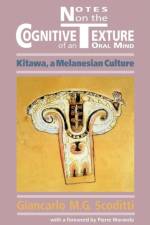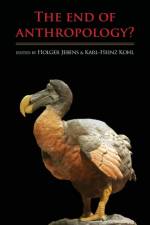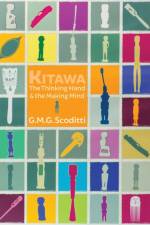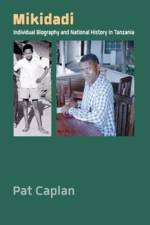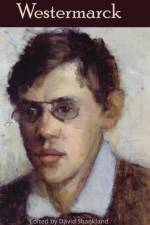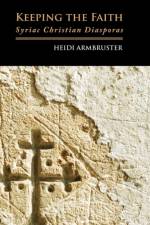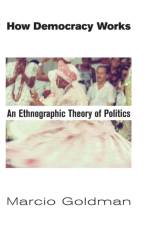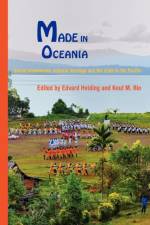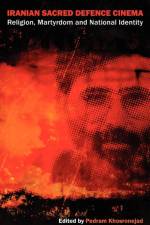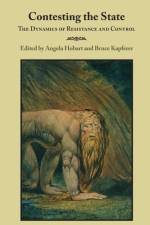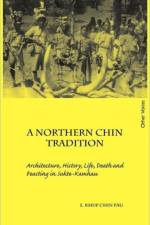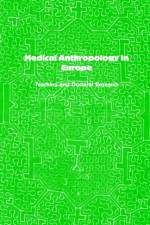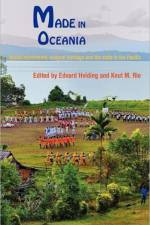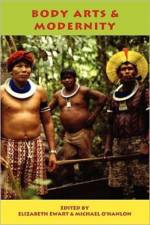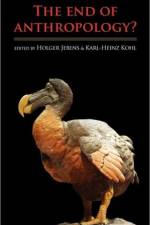- Artists, Objects, Histories
1 635
In investigating both customary and modern Pacific art, these collected essays present a wide-ranging view across time and space, taking the reader from antiquities to contemporary art and travelling across the region from Australia, Papua New Guinea, Solomon Islands, New Zealand to Samoa. Studies of artefacts and traditions, such as self-portraiture, wood carvings, shields, tapa, dance and masks, use a variety of approaches, some deriving from museum studies while others are based on field investigation. Together they reveal the oppositional tensions between tradition and innovation, and the inspiration this provides for contemporary artistic practice, either through conscious implementation or through rejection of past definitions. Engagement with these cultural performances and objects provide new possibilities for the creation of current identities. The drafting of antiquities legislation, the tortuous journeys objects have taken to find a place in galleries, the use of exhibitions in cultural exchange, framed by the architecture of museums, as well as the role of film and photography in appropriating Pacific art culture for emerging nationalisms, all of these are considered here to enhance our understanding of indigenous art's place in the world today. These historical perspectives provide the framework in which to explore contemporary acquisition and outreach work with Pacific communities that seeks to reconnect people with objects taken away from the places and intentions of their makers. Questions of how identity is maintained and expressed through art are considered for both individuals and groups. What role does the transformations of objects play in this process? What impacts have been made by colonialism, modernism and the great migrations of people between Pacific countries, and from rural to urban environments? Ultimately, how is 'Pacific Islander' defined and by whom?In Repositioning Pacific Art, artists, curators and academics, including Maori and other Islanders, bring fresh approaches to Oceanic Art History and raise questions of relevance not only to scholars of indigenous art in the region but also in other parts of world.

